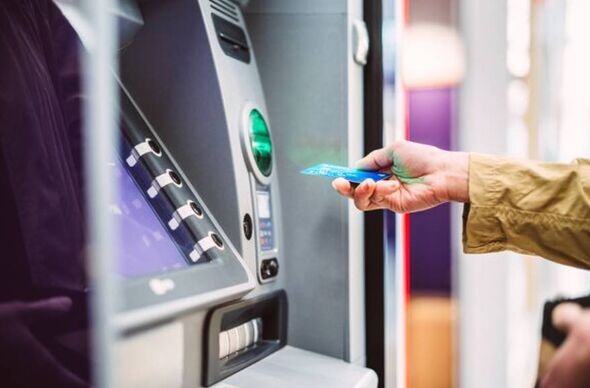The Department for Work and Pensions (DWP) is set to grant banks new authority to disclose information about benefits claimants, a move that has drawn fierce criticism from privacy advocates and human rights experts. Labour MP Liz Kendall, serving as the welfare secretary, has championed the implementation of “direct deduction orders” which would enable the recovery of funds from claimants, potentially saving the taxpayer £500m annually when in full effect.
Big Brother Watch’s Jasleen Chaggar expressed concerns to the Guardian, stating: “Navigating the welfare system is a bureaucratic nightmare and innocent people can be left owing money to the DWP through oversight or error. Chaggar further criticised the government’s overreach, saying: “We should not be giving the government powers to go behind our backs and pilfer through our bank accounts, especially when the purpose is not just to tackle serious fraud but to correct accounting errors.”
She also condemned the invasive nature of the measures: “The chilling powers to secretly request three months of bank statements from a welfare recipient’s bank to decide whether they can afford to have the funds removed are paternalistic and nothing short of dystopian.”, reports Birmingham Live.
Don’t miss… State Pension DWP letter update following rate increase
Moreover, Chaggar argued that such financial interventions should be judicially overseen: “Decisions about whether to seize funds directly from bank accounts should be made by courts, not unaccountable officials in Whitehall.” Currently, the DWP has the capability to reclaim benefits debt via the welfare system itself or by making deductions from employed claimants through the PAYE tax system.
Organisations such as Citizens Advice have issued warnings about the new powers, stating that they will most significantly impact those in vulnerable situations. The mass trawling of bank accounts is a significant imposition on banks and could lead to numerous false positives and security risks for all account holders. Innocent individuals may find themselves losing essential payments for food, medication, and housing.
In 2022-23, fraud related to the Personal Independence Payment (PIP) was estimated at just 0.2 percent of PIP spending. The £40 million lost to PIP fraud is dwarfed by an estimated £60 million in underpayments of PIP due to errors made by the Department for Work and Pensions (DWP).



